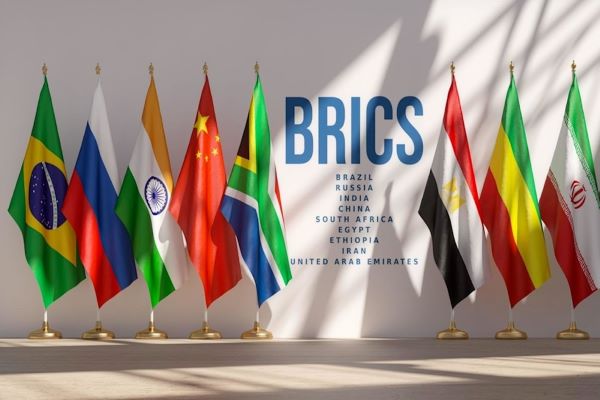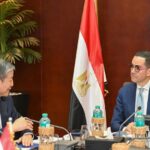Nigeria has officially been admitted as a partner country in BRICS, a multinational bloc comprising Brazil, Russia, India, China, and South Africa.
This development represents a strategic milestone for Nigeria as it strengthens its global economic ties and influence. While not a full member, Nigeria’s partnership with BRICS opens up numerous opportunities in trade, investment, and multilateral policy-making.
The BRICS bloc has gained prominence as an alternative to Western-dominated global institutions, promoting South-South cooperation and advocating for reforms in global governance. With its large economy and population, Nigeria aligns closely with the group’s goals of fostering inclusive growth and reducing reliance on Western economic systems.
BRICS collective strength, marked by initiatives such as the New Development Bank (NDB) and efforts to de-dollarize international trade, positions it as a critical player in shaping a multipolar world order.
- Advertisement -
For Nigeria, the economic benefits of this partnership are immense. Enhanced trade corridors with BRICS nations are expected to boost exports, particularly in sectors such as agriculture, energy, and manufacturing. Access to larger markets like China and India could significantly increase Nigeria’s trade volume, creating jobs and stimulating industrial growth.
Additionally, investment inflows from BRICS countries could fund critical infrastructure projects, including transportation, energy, and technology, addressing Nigeria’s development challenges.
The partnership also provides Nigeria with access to BRICS financial mechanisms such as the NDB, which offers funding opportunities for infrastructure and development projects. This could reduce Nigeria’s dependence on Western-dominated financial institutions while securing capital for its ambitious developmental goals. Moreover, by participating in BRICS’ de-dollarization efforts, Nigeria could mitigate forex pressures and promote trade in local currencies, potentially stabilizing its economy and strengthening the naira.
Beyond economic gains, Nigeria’s inclusion in BRICS enhances its role in global decision-making. The platform allows Nigeria to influence multilateral policies, advocating for equitable reforms in international financial systems that benefit developing nations. This aligns with Nigeria’s aspirations for regional integration and sustainable growth.










